Creating a Community of Caring
The ÌðÐÄÖ±²¥ (ÌðÐÄÖ±²¥) is committed to a renewed relationship with Indigenous learners, families, staff and the broader community. That promise is reflected in our Multi-Year Strategic Plan (MYSP).
The MYSP looked to the Circle of Courage, an Indigenous-inspired whole-learner framework for a holistic learning journey that incorporates the concepts of Belonging, Mastery, Independence and Generosity, for guidance and inspiration. By introducing Indigenous Education, which are the ways of knowing and being to our community, we can ensure that we embed Indigenous worldviews, practices and culture into our learning and activities. We are proud of the efforts of our Indigenous Education team and staff throughout the division who are bringing our MYSP to life in their lessons, classrooms and communities.
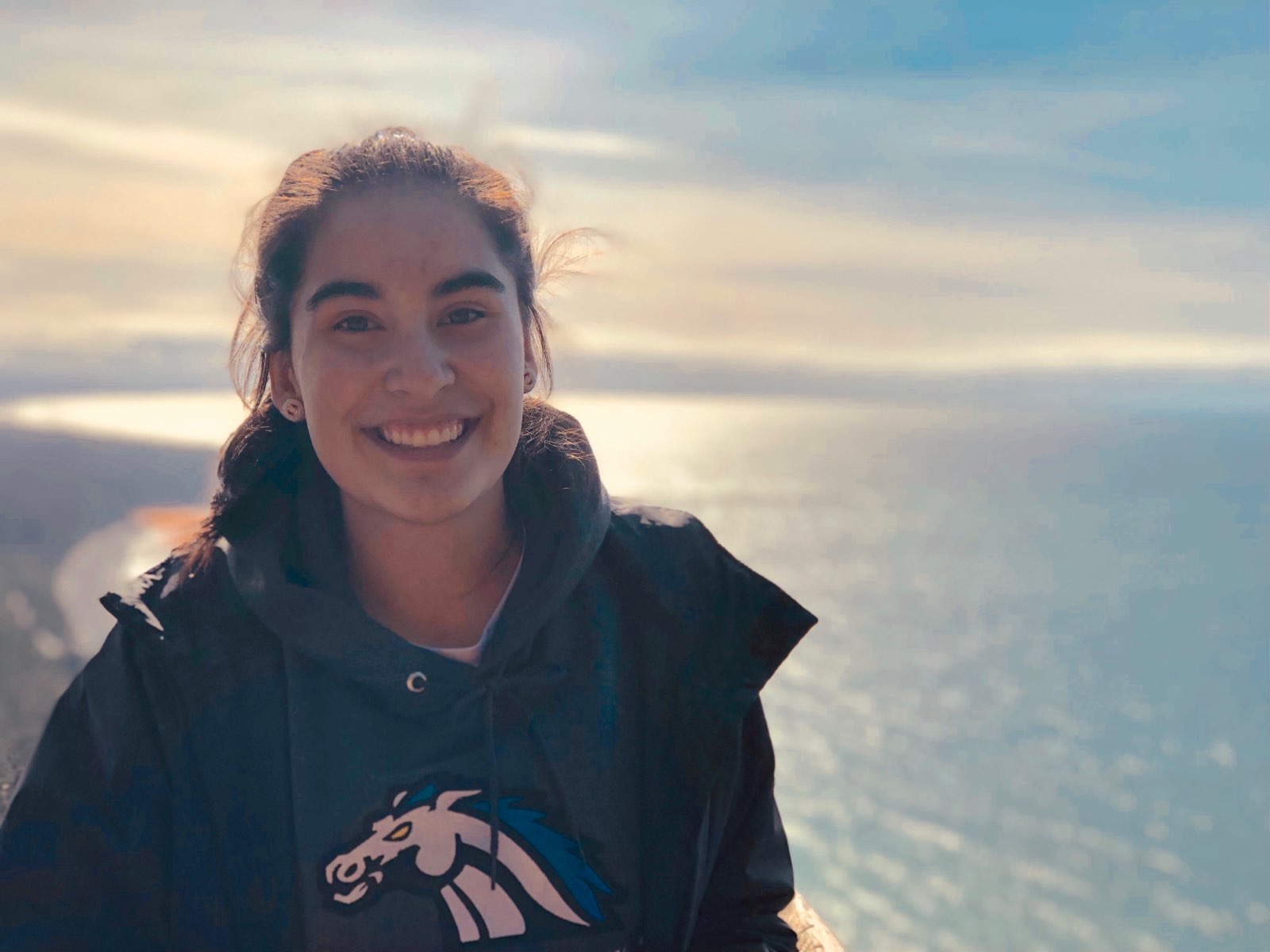 The Indigenous Education Team
The Indigenous Education Team
The Indigenous Education Team works with schools and the community to promote Indigenous student success and integrate Indigenous perspectives into curricula.
Cultural Integration Specialist
The Cultural Integration Specialists support teachers by helping develop and facilitate a plan to integrate the Indigenous Seven Teachings into learning. These specialists also support schools by helping create projects that focus on Indigenous teachings.
These projects can be for an entire classroom, different grade levels, or a school-wide initiative. Projects can include land-based learning, medicine teachings and cleansing ceremonies.
Other projects have included:
- Storytelling.
- Grandfather rock/sharing circle teachings.
- Educating students about Orange Shirt Day.
Cultural Integration Specialists can also provide sessions on Métis and First Nations songs and dances.
Graduation Powwow
The ÌðÐÄÖ±²¥ Powwow graduation event began as a dream but quickly became a reality. Now students of all ages can take part as dancers and graduates.
Since 2016, a dedicated group of divisional staff led by Corey Kapilik, Divisional Principal of DEI & AR, with support from Coco Ray Stevenson, a community leader, has come together to ensure the authenticity and spirit of a Powwow were honoured. The number of participants has increased yearly, with more than 210 Indigenous and non-Indigenous students entering the Powwow during Grand Entry in 2023.
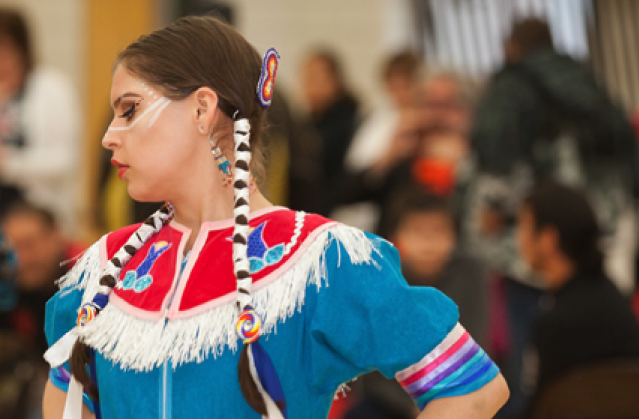 Indigenous Education Community Council
Indigenous Education Community Council
The Indigenous Education Community Council comprises students, staff, parents and other partners in education from across ÌðÐÄÖ±²¥. The Council's goal is to build a community that will walk alongside the Indigenous Education Team and help guide them in their journey to support schools. The Council meets three times a year to review and discuss Indigenous Education programming and initiatives in ÌðÐÄÖ±²¥.
Indigenous Enrichment Classroom
The interactive Indigenous Enrichment Classroom creates an engaging learning environment for students and staff and provides an opportunity to incorporate Indigenous perspectives and ways of knowing into the science curriculum. The classroom features a space for activities, a sharing circle, and hundreds of Indigenous artifacts. In the 2019-2020 school year, 177 classes participated in a half-day of activities.
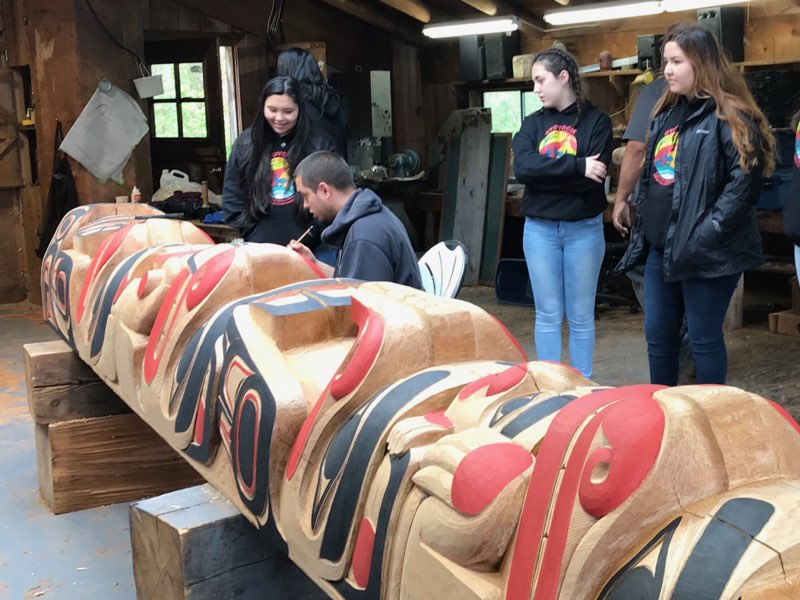 Indigenous Human Ecology
Indigenous Human Ecology
To gain a deeper understanding of the importance of a field-to-fork approach to food from an Indigenous perspective, ÌðÐÄÖ±²¥ has launched the Indigenous Human Ecology program at Windsor Park Collegiate. The goal is to illuminate the relationship Indigenous Peoples had with the land and the bounty it produced and share this way of life and learning with all schools in the division.
Indigenous Parent Program
In partnership with school leadership and staff across ÌðÐÄÖ±²¥, the Indigenous Education team is proud to offer the Indigenous Parent Program (IPP) available every Tuesday afternoon at Marion School and every Wednesday afternoon at Lavallee School. Two cultural Integration Specialists/Community Support Workers support the IPP and provide a safe place where families can meet and discuss issues around parenting. Staff are also available to help parents support their children’s successful educational journey. Parents can participate in sewing, arts and crafts, and beading throughout the year. They can also participate in making traditional Indigenous clothing such as moccasins, gauntlets and regalia. Families can also learn about cultural teachings and have received presentations from various community organizations. The IPP is accessible to all families across ÌðÐÄÖ±²¥. Over the school year, the program has more than 60 families from various schools participate.
Indigenous Youth Leadership
The Indigenous Youth Leadership Program (IYLP), also known as Oyoyocik in Cree, has traditional Indigenous culture at its core. The IYLP provides mentoring and guidance to adults and students in the group and across the division. It also helps students find their voice and use it to promote advocacy and agency on Indigenous issues and perspectives. The program also recognizes the importance of embedding Indigenous worldviews and practices into learning and activities, which helps students reach their academic and personal goals. Cultural activities and events are designed to develop a sense of belonging and community. Students are encouraged to participate in or facilitate cultural and learning activities in their schools or for a division-wide audience. These could include smudging, drumming, land-based education and traditional ceremonies.
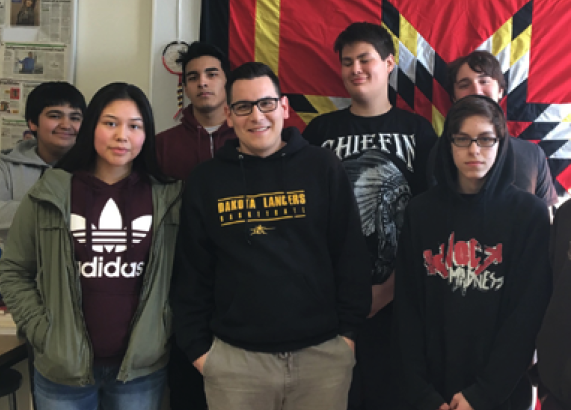 Manito Ahbee Aki
Manito Ahbee Aki
Manito Ahbee Aki is the first Minecraft teaching resource in the world that honours, celebrates and explores a Manitoba Anishinaabe community. Players in Manito Ahbee Aki, which translates to “the place where the Creator sits” in English, are transported to Manito Ahbee, a site located in Manitoba’s western Whiteshell area, before European contact in North America. Members of the ÌðÐÄÖ±²¥ Indigenous Council of Grandmothers and Grandfathers, Frank Deer, ÌðÐÄÖ±²¥ Scholar in Residence, and Knowledge Keepers from the Manitoba Anishinaabe community, guided and informed the development of the project. Manito Ahbee Aki allows players to explore a fun and interactive world while gaining insight into Indigenous teachings and perspectives. This Anishinaabe digital world includes flora, fauna and locations from Manitoba that do not exist in any other Minecraft property. The non-player characters in the game are also unique and are modelled after Grandmother Chickadee, two ÌðÐÄÖ±²¥ staff and three Anishinaabe Knowledge Keepers from Manitoba.
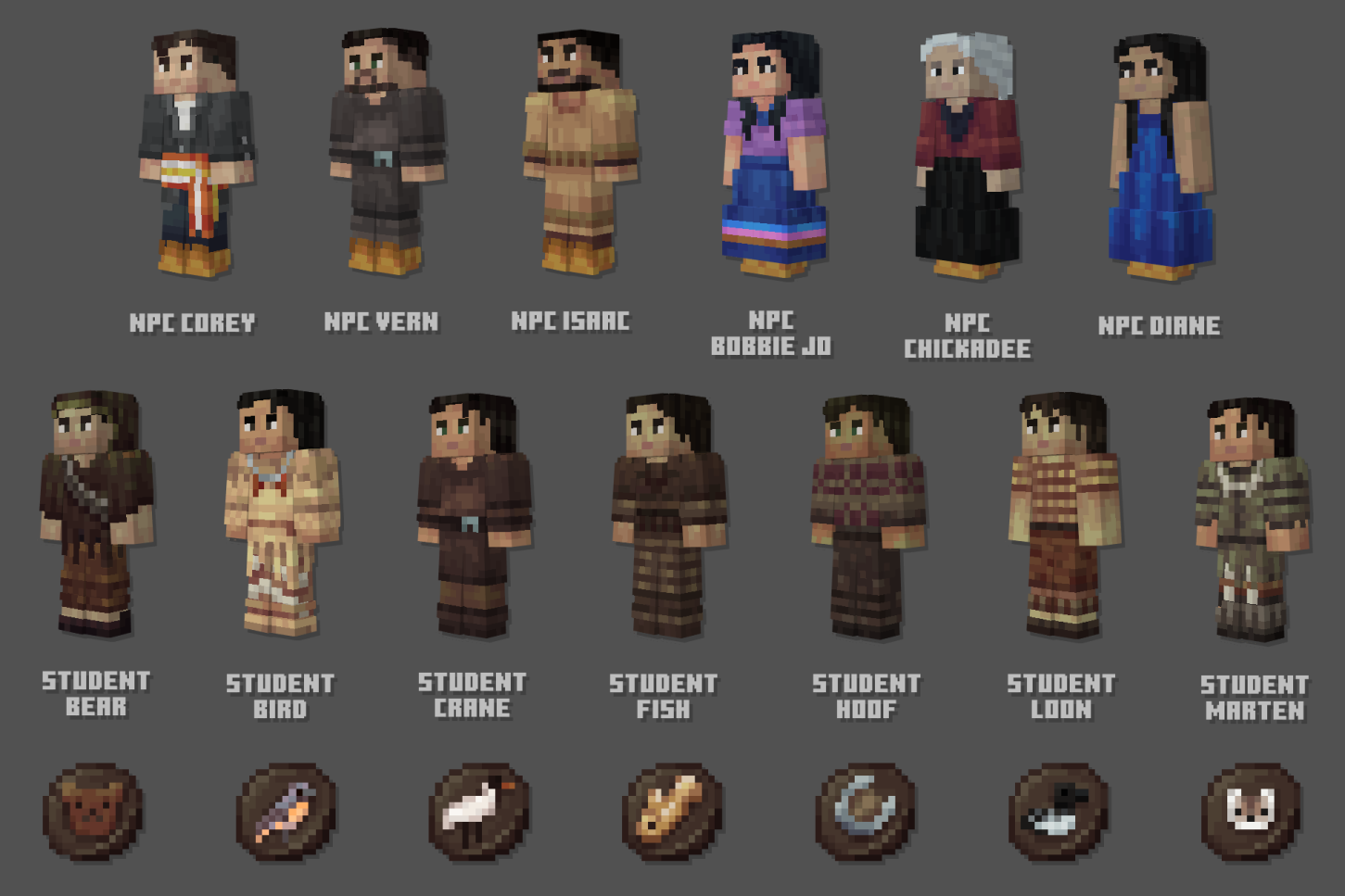 Ojibwe Language Programming
Ojibwe Language Programming
In 2018-2019, the Ojibwe Language Program connected with 36 kindergarten classrooms and 16 Grade 1 classrooms. All students in these classrooms spend 60 minutes each six-day cycle learning Ojibwe words and concepts inside the school and outdoors using a play- and land-based approach to learning. In 2019-2020, the Ojibwe language was taught in 56 classrooms and 15 schools.
Powwow Club
Before the official ÌðÐÄÖ±²¥ Powwow Club was formed in 2016, Hastings School had a group of students engaged in Powwow dance. The divisional Powwow Club took place at the René Deleurme Centre inside Lavallee School from two to four times a month. Several schools were represented in this group of Indigenous and non-Indigenous youth learning how to do something that once was outlawed in Canada. The ÌðÐÄÖ±²¥ Powwow Club grew exponentially in 2019, with more than 80 students participating. In addition to the Hastings School and Lavallee School clubs, Marion School became a satellite space for all ÌðÐÄÖ±²¥ students to participate in powwow dancing. Windsor Park Collegiate also developed a space for high school students to join powwow dancing and became the first space in ÌðÐÄÖ±²¥ to have a drumming group.
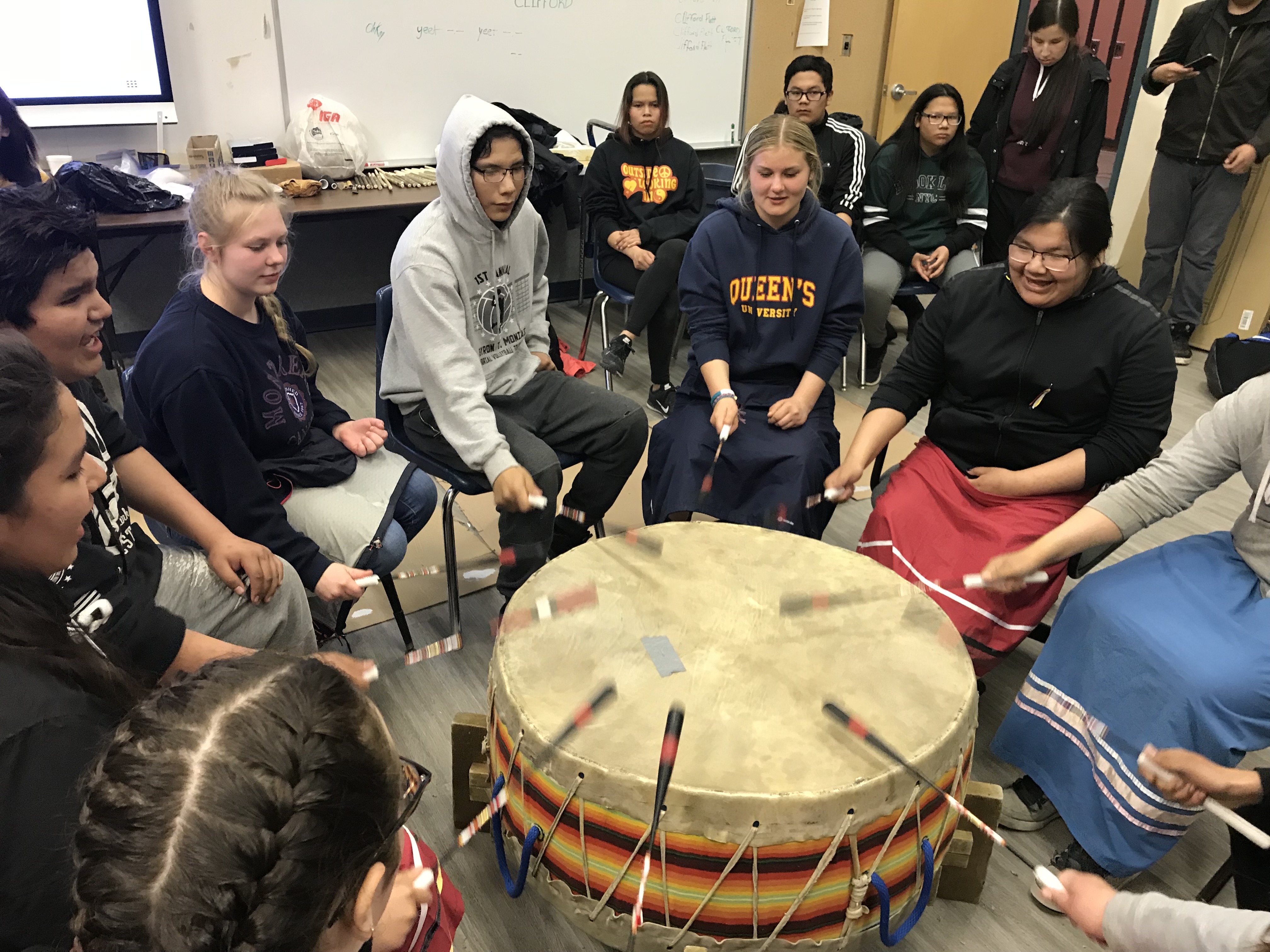
Our Indigenous Education Centre moved to
Marion School in 2016, providing a new space to facilitate our growing department and everything it has to offer. This includes:
 The Indigenous Education Team
The Indigenous Education Team Indigenous Education Community Council
Indigenous Education Community Council  Indigenous Human Ecology
Indigenous Human Ecology Manito Ahbee Aki
Manito Ahbee Aki Ojibwe Language Programming
Ojibwe Language Programming 
